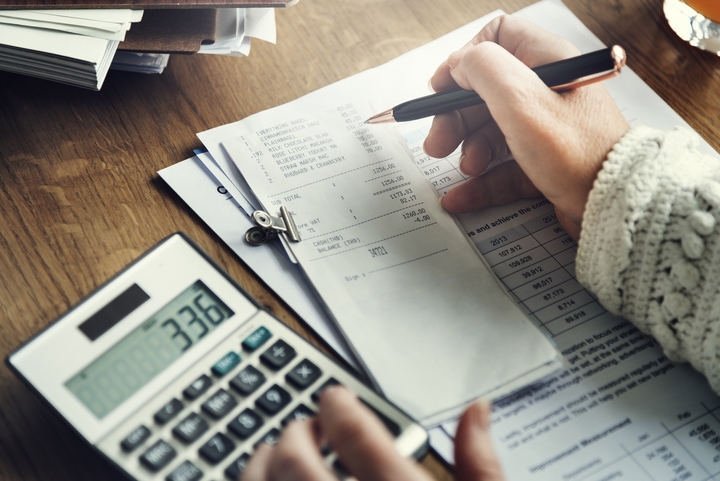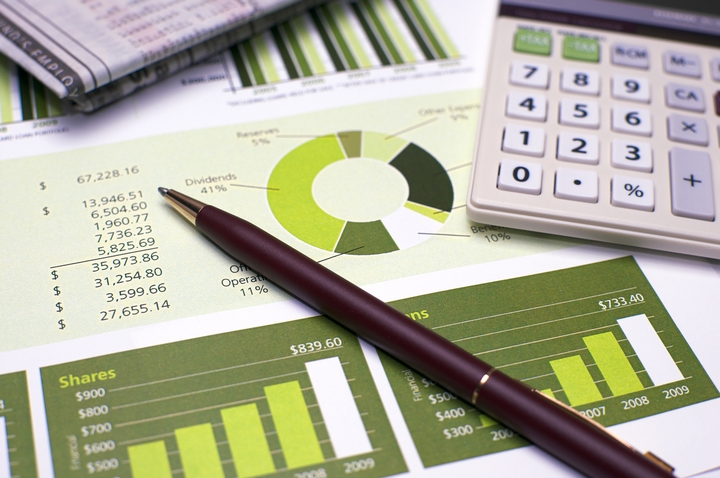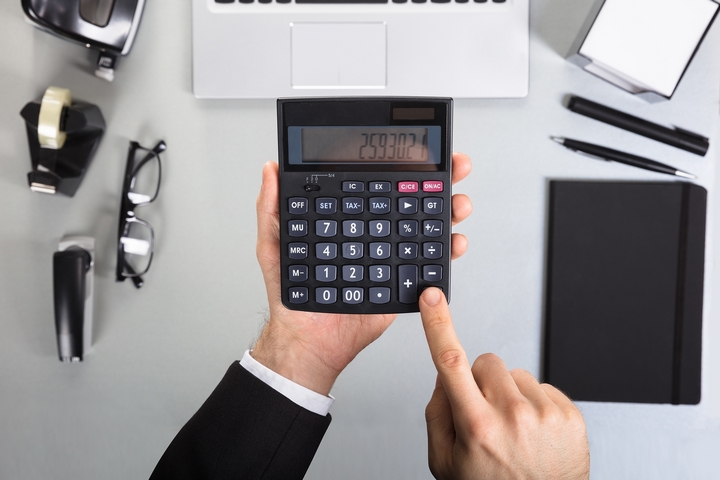
Financial stress affects a vast majority of the population. Many dread the thought of heading through their bank account, and will avoid it at all costs. However simply ignoring the issue will only make it worse. So, if you’re someone who suffers this stress, and avoids your finances, we’ve listed some steps you can take to get your finances back on track.
1. Educate Yourself

You can’t change what you don’t acknowledge. Which is why, you should educate yourself with the truth. This means, no longer ignoring your monthly statements. The truth may hurt, and you may be worse off than originally thought. But, you will never know how much you owe, and how long it will take you to pay it back, if you don’t.
2. Money in Vs. Money Out

The equation to achieve a balanced cheque book, is much simpler than you’d think. It is simply: the money you have coming in, subtracted from the money heading out.
This means, you’ll need to take time to sit down, and crunch the numbers of your accounts. You’ll want to create an average, for how much money you have coming into your bank account in a month. Then, tally up your average monthly expenses, to subtract from your income. Ideally, you’ll want to head back 6 months in your bank statements, to achieve an accurate average. This activity, will determine if your spending more than you make. If so, you may need to figure out an expense management solution to earn more to have a balanced equation.
3. Track It

There are many free apps, and programs, that can help track where money is coming from, and more importantly, where it is going. These apps, create categories such as: rent, food, groceries, car payments, etc. and, automatically track your spending for you. Simply link your chosen financial tracking app to your card, and you’ll be able to see where your money is going. Tracking your money, can make you more mindful of your spending, and force you to hold yourself accountable.
4. Budget

Once your ‘monthly in’, vs. ‘monthly out’ equation is balanced, it is time to budget your income for the month. Simply thinking you’ll be able to spend ‘about’ a certain amount on a category, will not work when becoming financially healthy. You should have a specific number in mind, ad try to stick to it, while budgeting.
5. Check in

Don’t wait to the end of the month to review your finances! This is probably the worst thing you could do, for your financial health. Rather, check in every week, or every other week. That way, if you’ve spent too much on an expense category, you’ll know, before the monthly bills come in. Plus, you’ll give yourself a warning that your next pay needs to be saved, or tracked more closely.
